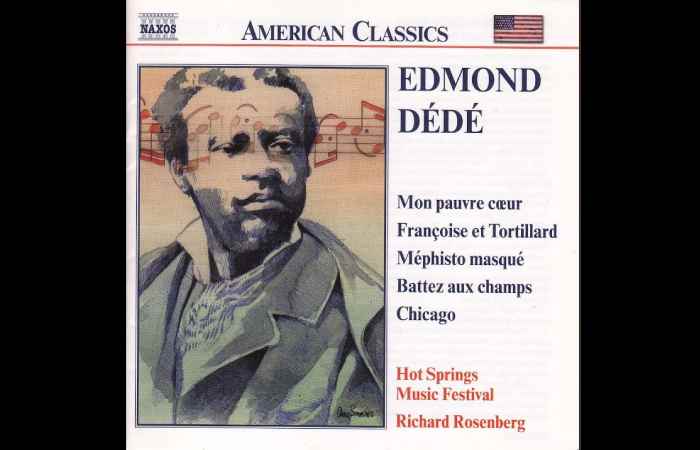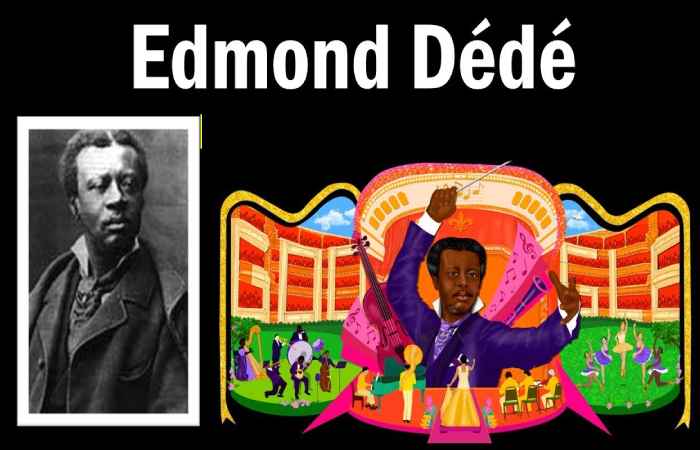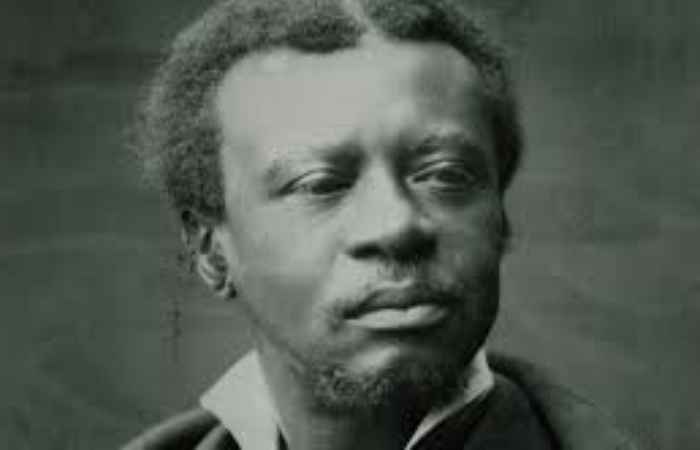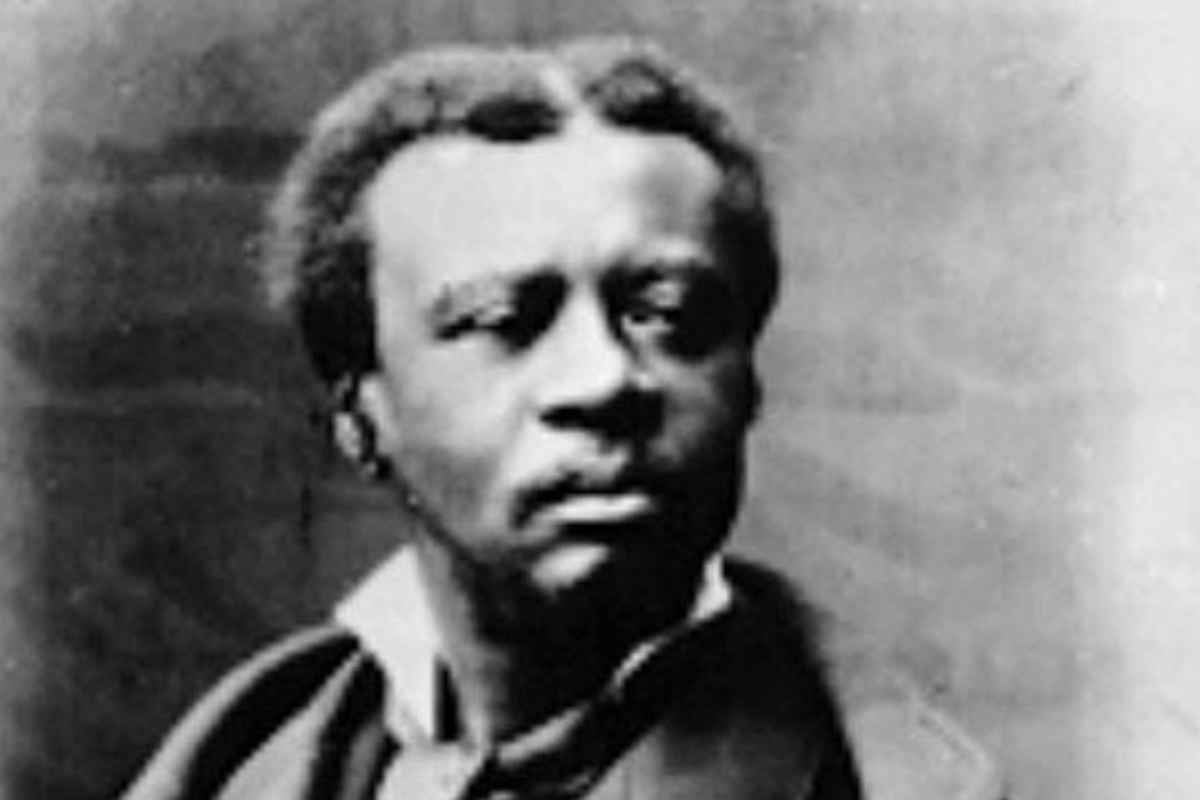Table of Contents
Introduction
The Musician Edmund Dédé was born in New Orleans, Louisiana, on November 20, 1827. He is a free Creole of color who moved to New Orleans from the French. Edmund Dédé his first music lessons from his father. Dédé father was a bandmaster in a local military group.
Edmond was an outstanding violinist who worked in a cigar factory daily and in orchestras in the evening. Using this method, he saved enough money for his way to Paris. And he suggested studying with the famous composer Halevy at 30.
Edmund Dédé never returned to the United States, and his career remained mainly built in the south of France. He was conductor of the Grand Théotre orchestra in Bordeaux for many years. He was to compose music in many genres, from operetta and ballet to chamber music and popular songs.
Edmond Dédé (1827-1901)
Edmond Dédé was a projecting African American musician and composer born in New Orleans in the nineteenth century. Born to free Creole of color who had arrived in New Orleans from the West Indies.
Dédé was in Mexico from 1848 to 1851. Upon his arrival to New Orleans, he worked as a cigar maker, saving enough capital to move to Paris, France, in 1857 to remain his studies, where he remained admitted to the Conservatoire.
As a creator in Bordeaux, he wrote ballets, overtures, operettas, and more than 250 dances and songs. In addition to dramatic music, he wrote six string quartets and a cantata. His most celebrated arrangements include the Quasimodo Symphony, Le Sermente de L’Arabe, Patriotism, and more.
The sheet melody for his song, Mon Pauvre Coeur, is the oldest living piece of sheet music by a Creole of color from New Orleans. He died in France in 1903, and many of his compositions have remained preserved at the Bibliothèque Nationale de France in Paris.
Edmond Dédé’s 194th Birthday
On November 20, 2021, Google featured Dédé on its U.S. home page as a “Google Doodle” to honor his 194th Birthday. Today’s Doodle, shown by Brooklyn, NY-based guest artist Lyne Lucien, celebrates Creole traditional musician and composer Edmond Dédé.
The melody to his 1851 configuration “Mon Pauvre Cœur” (My Poor Heart) remainders one of the oldest living pieces of sheet music by a Black Creole musician in New Orleans. Born in New Orleans, Louisiana, U.S., in 1827, Dédé chose the clarinet from his father, a bandmaster in a local military band.
He converted to the violin, which soon became Dédé’s instrument of choice as he developed into a musical prodigy. Apprenticing under prominent New Orleans choirs, Dédé left home for Mexico to escape the increasing racial prejudice in the American South.
Life of Edmond Dédé
Edmond Dédé was born in New Orleans, Louisiana, on November 20, 1827. Not much remains known about Dédé’s early life, but he did learn the clarinet early, as his father was a music teacher. Dédé later switched to the violin, an instrument at which he would soon be considered a prodigy.
Many prominent musicians and composers taught Dédé how to compose his music. That is, until the end of the Mexican American War in 1848. When Edmond Dédé left the country to seek a job in Mexico and a reprieve from the significant racial oppression in the southern United States.
In 1851, Dédé published “Mon Pauvre Cœur,” his earliest surviving sheet music work. Later that same year, he moved back to the United States. And began working hard to save enough money to move to Europe to continue studying classical music. He finally moved to Paris in the late 1850s and started looking at the Conservatoire de Paris.
Conclusion
The Musician Edmund Dédé was born in New Orleans, Louisiana, on November 20, 1827. He is a free Creole of color who moved to New Orleans from the French. He died in France in 1903, and many of his compositions have remained preserved at the Bibliothèque Nationale de France in Paris.

